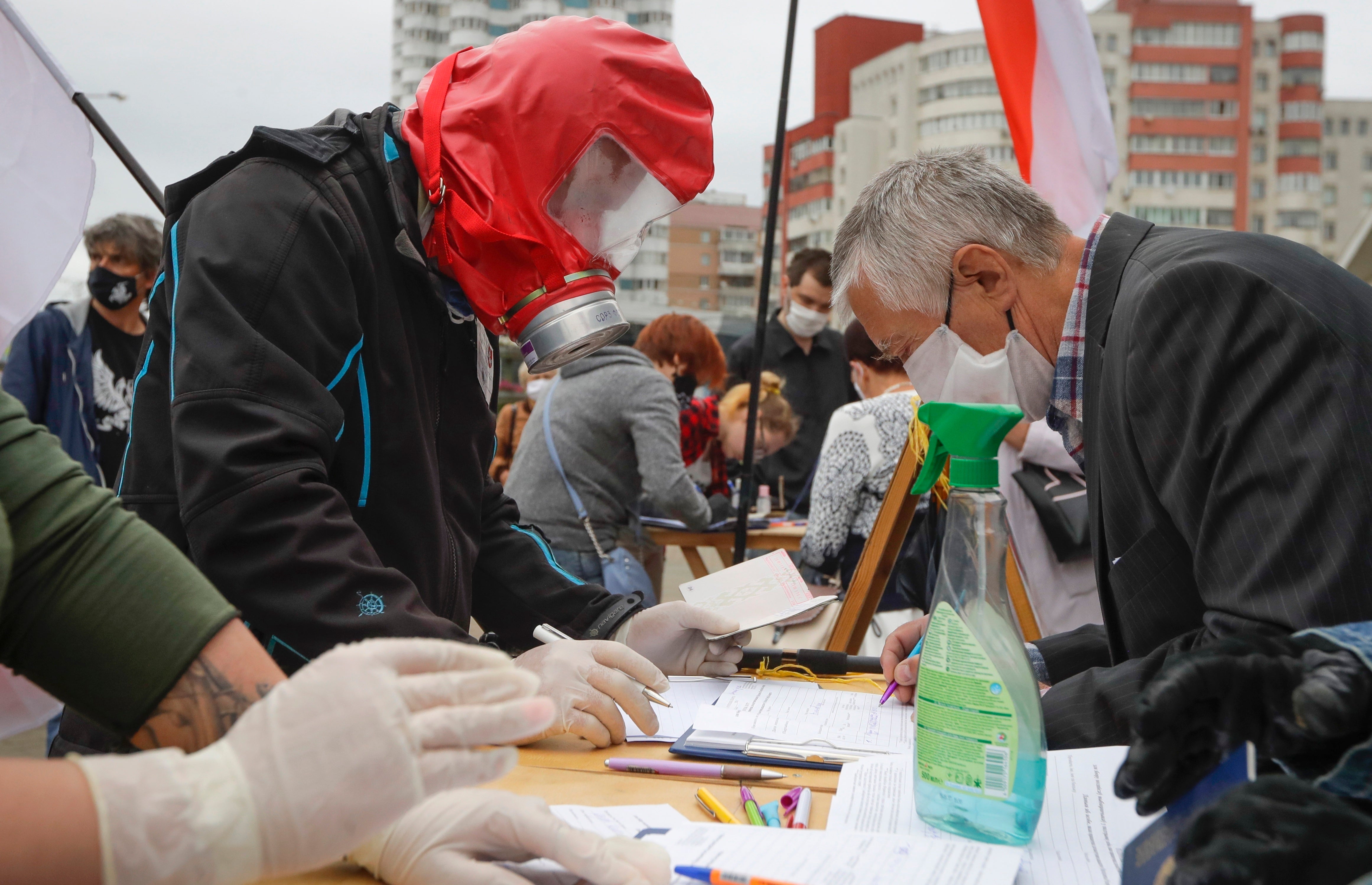WHO, EU launch vaccine rollout program in 6 ex-Soviet states
The World Health Organization's Europe director says WHO and the European Union are launching a 40-million euro ($48.5 million) program to help deploy COVID-19 vaccines in six former Soviet republics

The World Health Organization and the European Union are launching a 40-million euro ($48.5 million) program to help deploy COVID-19 vaccines in six former Soviet republics, WHO s regional director for Europe said Thursday while highlighting a 4-week decline in confirmed coronavirus cases.
The program will involve Armenia, Azerbaijan, Belarus, Georgia, Ukraine and Moldova, and complements the work of an existing EU program and the WHO-backed COVAX Facility that aims to deploy vaccines for people in all countries in need whether rich or poor, Dr. Hans Kluge said.
“Vaccines offer a way to emerge faster from this pandemic. But only if we ensure that all countries, irrespective of income level, have access to them,” Kluge told reporters from WHO Europe headquarters in Copenhagen, Denmark.
“Unfair access to vaccines can backfire. The longer the virus lingers, the greater the risk of dangerous mutations,” he added.
Kluge also relayed the “good news” that the number of new confirmed infections in the 53-country WHO Europe region has declined for four straight weeks and virus-related deaths have fallen in each of the last two weeks. He also pointed to falling hospitalization rates.
In the region, some 7.8 million people have completed immunizations against the coronavirus, Kluge said. He added that the number of vaccine doses administered has outstripped the number of reported COVID-19 cases, with some 41 million doses given compared to the 36 million cases reported in the region during the pandemic.
After a review of AstraZeneca’s vaccine, which is to become a key part of the UN-backed rollout of vaccines to poorer countries, a WHO expert group said Wednesday that recommended dosage is two doses administered over an interval of 8 to 12 weeks.
___
Follow AP coverage of the coronavirus pandemic at:
https://apnews.com/hub/coronavirus-pandemic
https://apnews.com/hub/coronavirus-vaccine
https://apnews.com/UnderstandingtheOutbreak
Bookmark popover
Removed from bookmarks